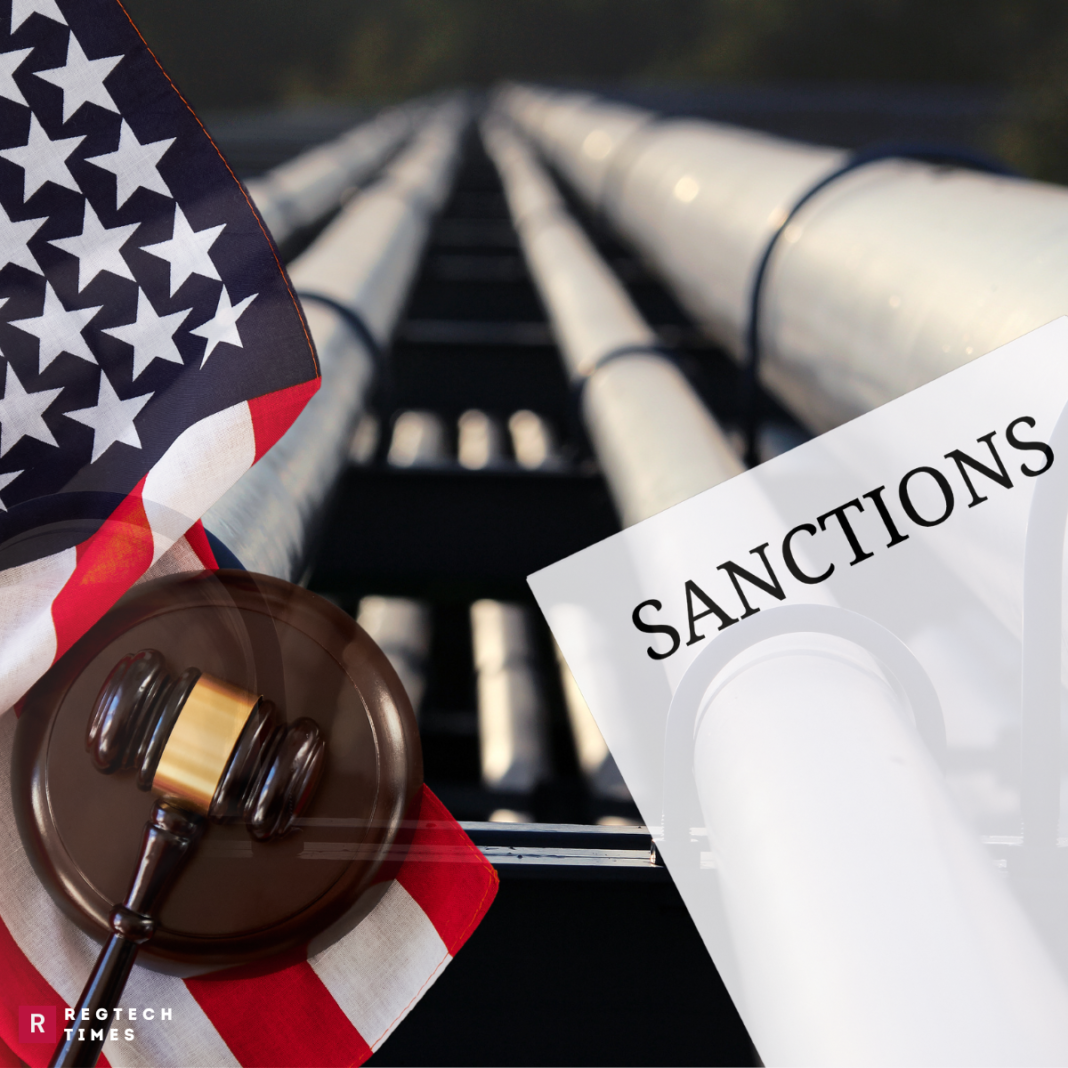Pipeline Sanctions is the new game in geopolitics. The US State Department has declared its opposition to Pakistan’s proposal to construct a pipeline for importing gas from Iran.
A spokesperson for the State Department declined to specify the potential sanctions Pakistan might face for its energy imports from Iran. However, the spokesperson warned Islamabad against proceeding with the plan. This warning is part of the Pipeline Sanctions that the US can explore to restrict Iran’s investments in Nuclear programs.
What are Pipeline Sanctions?
Pipeline sanctions refer to measures imposed by governments or international bodies that target pipelines or related infrastructure as a means of applying pressure or influencing the behavior of a particular country or entity.
These sanctions can take various forms, such as restrictions on the export or import of goods related to pipeline construction or maintenance, limitations on investment in pipeline projects, or prohibitions on the use of certain technologies or services for pipeline operations. The goal of pipeline sanctions is often to deter or punish actions perceived as harmful or to achieve diplomatic or geopolitical objectives by limiting access to critical energy infrastructure.
Historical Instances of Pipeline Sanctions
Sanctions on pipelines, like the Nord Stream 2 pipeline supplying natural gas to Western Europe, have been implemented in history. In 2017, the US Senate imposed sanctions on Russia, specifically targeting the Nord Stream 2 pipeline. Additionally, in 2022, Germany suspended the pipeline’s construction in response to Russia’s actions regarding Ukraine.
“We always advise everyone that doing business with Iran runs the risk of touching upon and coming in contact with our sanctions, and would advise everyone to consider that very carefully,” said the spokesperson, emphasizing the US’s disapproval of the pipeline project.
An Assistant Secretary of State for South and Central Asia conveyed similar sentiments during a hearing, highlighting that importing gas from Iran would expose Pakistan to US sanctions.
Pakistan’s outgoing caretaker government approved the construction of an 80-kilometre section of the pipeline in February, largely to avoid hefty penalties from Iran due to years of project delays, which attracts pipeline sanctions from the USA.
Impact of Pipeline Sanctions on Pakistan
The remarks from the State Department followed reports in Pakistani media indicating Islamabad’s intention to seek a waiver from US sanctions.
“We will seek exemption from US sanctions. Pakistan cannot afford sanctions on the gas pipeline project,” stated Pakistan’s Minister for Petroleum.
The Assistant Secretary reiterated that Washington had not received any communication from the Pakistani government expressing a desire for a waiver from American sanctions resulting from the project.
Pakistan’s Ministry of Foreign Affairs clarified that Islamabad did not require a waiver to proceed with the pipeline construction.
“It is a segment of the pipeline being built inside Pakistani territory. So, we do not believe that at this point there is room for any discussion or waiver from a third party,” stated a spokesperson for the Pakistani foreign ministry during a weekly press briefing in response to questions.
Pakistan – Iran Pipeline
In May 2009, Pakistan and Iran signed an agreement for the supply of 750 million cubic feet per day of gas for 25 years from Iran’s South Pars gas field. Originally conceived as an India-Pakistan-Iran pipeline, India withdrew, making it a bilateral project.
Initially scheduled to commence supply by January 2015, Iran constructed over 900 km of the pipeline, leaving 250 km unfinished. In response to potential penalties, Pakistan’s caretaker government initiated an 80-kilometre segment from the Iranian border to Gwadar.
In August of the previous year, Pakistan halted the project, likely due to US pressure amid sanctions against Iran for its nuclear program. On December 21, 2023, the National Iranian Oil Company (NIOC) issued a material breach notice to Pakistan’s Inter-State Gas Systems (ISGS), citing buyer’s warranties.
The NIOC granted ISGS 180 days to rectify the breach and referred the issue to a coordination committee. Failure to comply could prompt Tehran to pursue arbitration in the International Court of Arbitration, potentially resulting in a contractual liability of USD 18 billion.
While Iran claimed to have completed construction of 900 kilometres of the pipeline on its side in 2011, Pakistan delayed its construction primarily due to concerns about US sanctions against Iran over its nuclear program.



